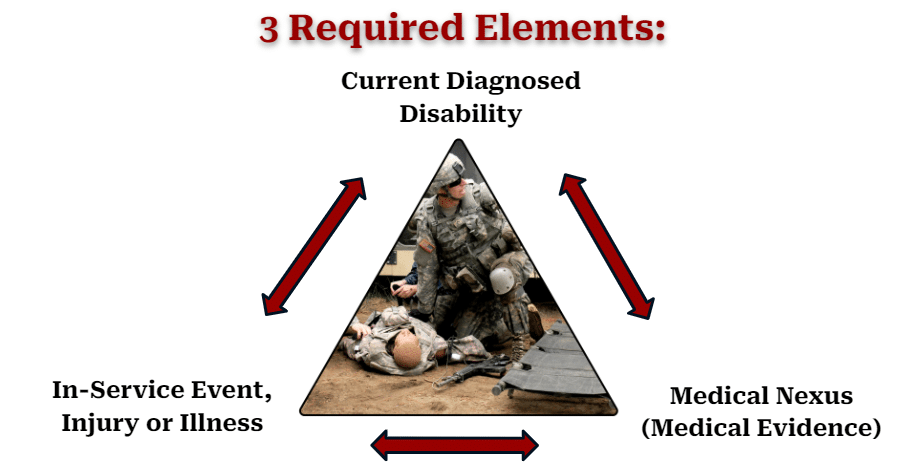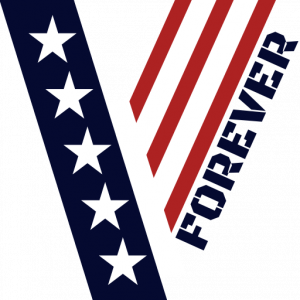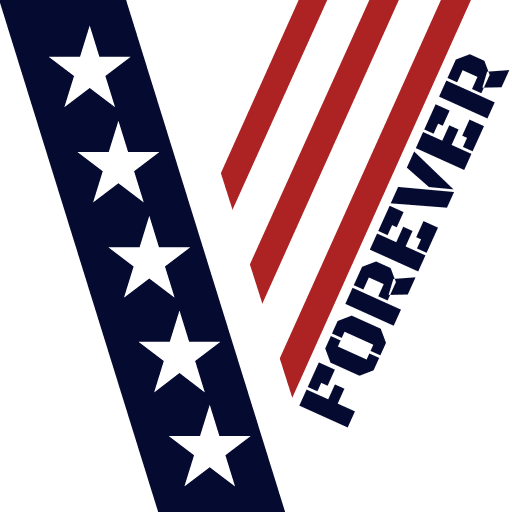Navigating the process of filing for VA disability claims can be intimating, but understanding the basics can make it more manageable. This post will cover eligibility for VA disability compensation, common myths, the types of VA disability claims, starting the process, and who can assist you along the way.
Video Chapters:
- 0:00 – Introduction
- 0:56 – Eligibility Criteria: Who Qualifies for VA Disability Compensation?
- 2:30 – Types of VA Disability Claims
- 2:36 – Presumptive Claims
- 2:53 – Direct Service Connection Claims
- 3:42 – Secondary Connection Claims
- 4:19 – Finding Help: VA-Accredited Agents and Organizations
- 5:20 – Our Commitment at Vets Forever
- 5:58 – Getting Started with Vets Forever
- 6:06 – Conclusion and Final Thoughts
1. Eligibility for VA Disability Compensation
To be eligible for VA Disability, a veteran must have served at least 24 months or completed their active duty orders. This includes Reservists or National Guardsman who are serving out their active duty orders.
However, if they received a disabliity that was caused or aggravated by their active duty military service they would be eligible. They would then could only have served only weeks and not years to be eligible. The VA recognizes a wide range of conditions, including physical injuries, chronic illnesses, and mental health disorders like PTSD.
Key eligibility criteria include:
- Active Duty Service: The veteran must have served on active duty, active duty for training, or inactive duty training.
- Discharge Status: The discharge must be under conditions honorable or general under than honorable conditions
- Documentation of Disability: Medical records or other evidence must demonstrate the existence of a current disability related to service.
2. Common Myths About VA Disability Claims
There are several misconceptions about VA disability claims that can discourage veterans from applying or pursuing their claims. Here are some common myths:
Myth: “I wasn’t injured in combat, so I’m not eligible.
Fact: Service-connected disabilities can occur during training, non-combat missions, or even off-duty activities if related to military service.
Myth: “I need to have all my paperwork perfect before applying.“
– Fact: While complete documentation helps, the VA can assist in obtaining necessary records. It’s better to start the process with proper medical evidence than to delay.
Myth: “If I receive disability compensation, it will affect my other benefits.”
– Fact: VA disability compensation typically does not affect other benefits like Social Security.
3. Types of VA Disability Claims
There are four primary types of VA disability claims:
1. Presumptive Claims – VA automatically presumes that certain disability were caused by military service.
2. Direct Service Claims – Direct service connection means that a veteran’s disablity was incurred during or aggraved by his or her military service.

3. Secondary Claims – A claim for a new disability that is linked to an already service-connected disability.
4. Supplemental Claims – Veteran must provide new evidence to support a VA disability claim that was previously denied.
4. How to Start the Process
Starting a VA disability claim involves several steps:
1. Gather Documentation: Collect your service and medical records. This includes any documentation related to your disability and service history.
2. Complete the Disability Claim Application: You can apply online via the VA.Gov portal, by mail, or in person at a VA regional office.
3. Submit the Claim: Submit your application along with all supporting documents.
4. VA Review: The VA will review your claim, which may involve scheduling a Compensation & Pension (C&P) exam.
5. Decision: You’ll receive a decision letter outlining the VA’s determination and any awarded benefits.
5. Who Can Help Me With the VA Disability Claim Process?
Several resources are available to assist veterans with the VA disability claim process:
- Veterans Service Organizations (VSOs) or Organizations like the Disabled American Veterans (DAV), Veterans of Foreign Wars (VFW), and American Legion provide free assistance with claims.
- VA Accredited Attorneys, Law Groups like VetsForever and Agents: Legal professionals accredited by the VA can offer paid services for complex cases.
- State Veterans Affairs Offices: Many states have offices dedicated to helping veterans navigate their benefits.
Summary
Filing a VA disability claim can be complex, but understanding eligibility, dispelling common myths, knowing the types of claims, and following the correct steps can simplify the process.
Numerous resources are available to help veterans at every stage, ensuring they receive the benefits they deserve for their service. Don’t hesitate to reach out for assistance and start your claim today.

